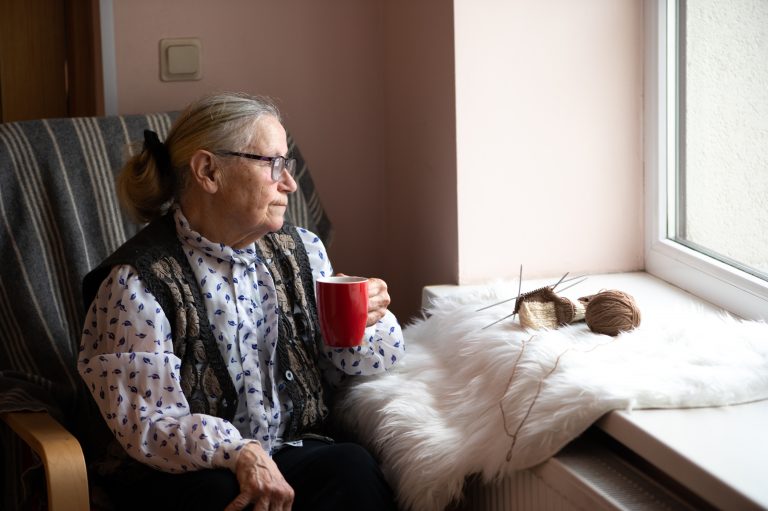Superannuation is something most Australians are familiar with. It’s mandatory for employers to contribute a portion of your wages into a complying super fund, which is then invested to grow over time, ensuring you have a nest egg for retirement. Typically, we rely on external super funds to manage these investments, and there’s a wide range of options available—from low-cost funds to more tailored solutions.










